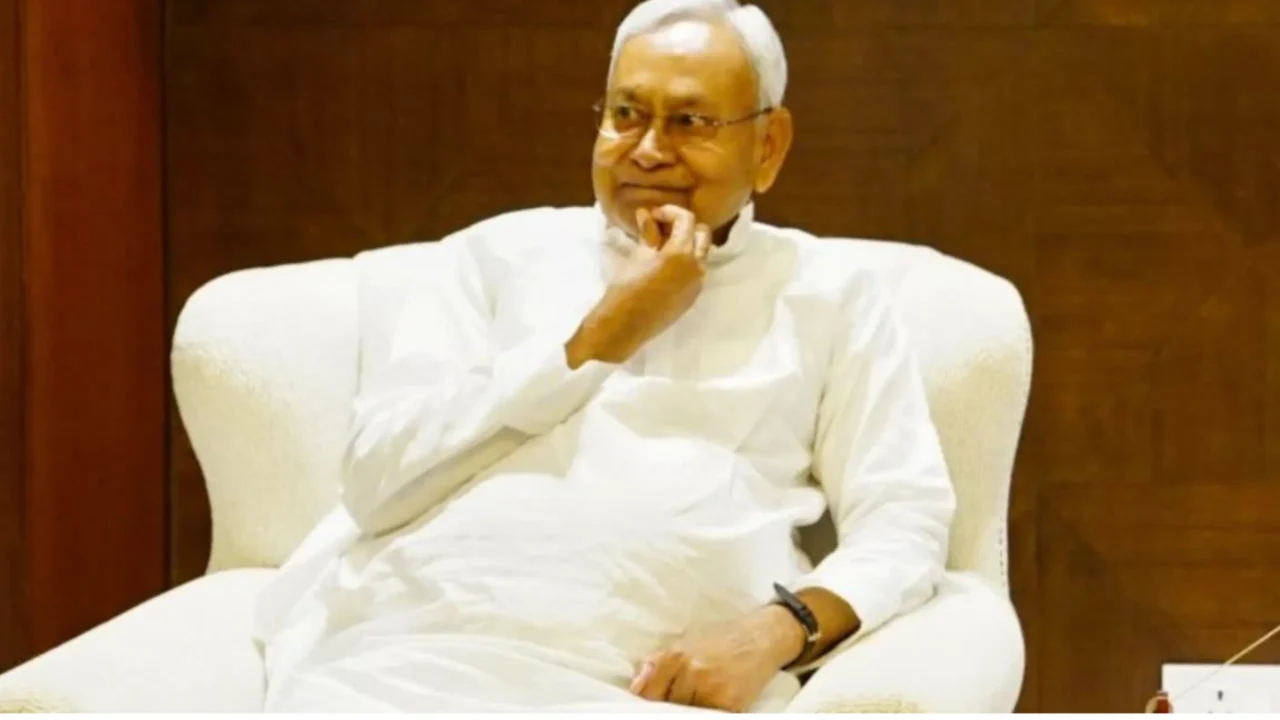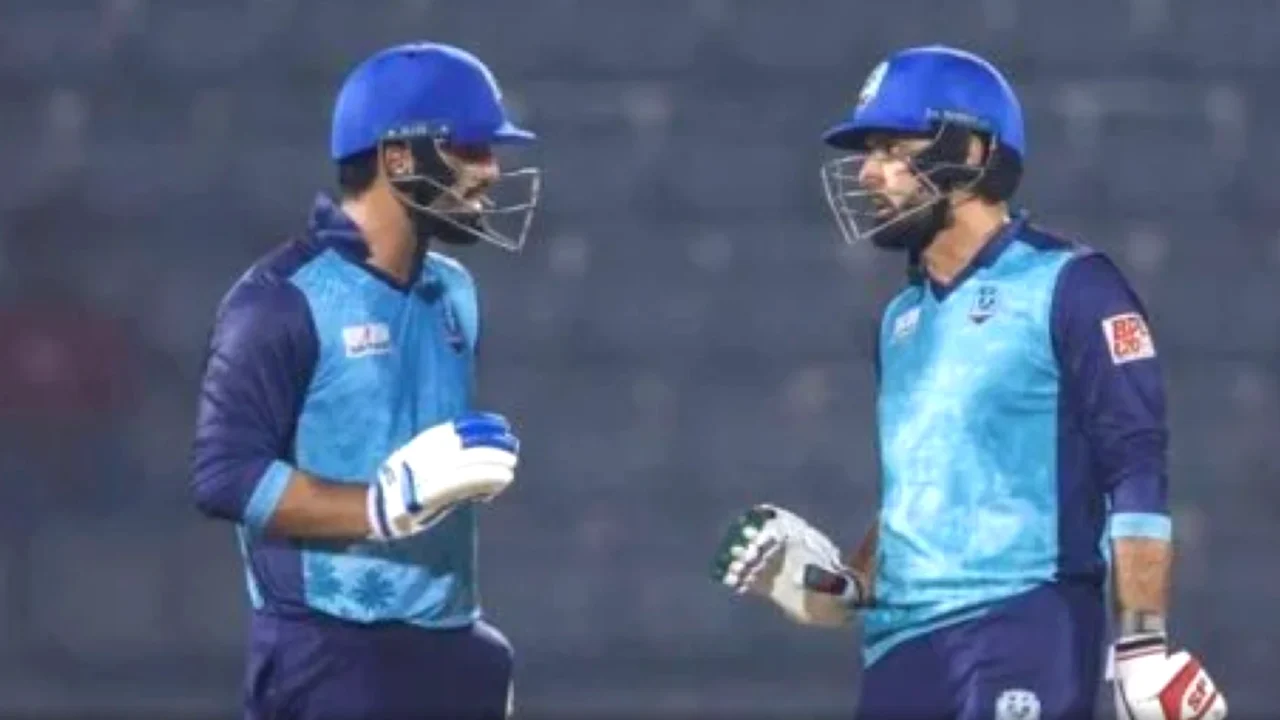Imran Ansari
On August 4, 2023, the Supreme Court refused to stay the Allahabad High Court’s order, granting permission to the Archaeological Survey of India (ASI) to survey the Gyanvapi Mosque, aiming to determine whether it was built on any temple site.

Asaduddin Owaisi, the President of AIMIM (All India Majlis-e-Ittehadul Muslimeen), expressed concerns about the potential narrative-setting by the BJP following the ASI’s survey, similar to what happened in the Babri Masjid case. In the Babri Masjid case, the BJP and RSS had propagated the narrative that the mosque was built over a temple. However, the Supreme Court later rejected the ASI report, stating that there was no evidence to support the demolition of a temple.
Owaisi expressed his apprehensions based on past incidents, where a narrative was used by the BJP and RSS to demolish the Babri Masjid, fearing they might employ a similar strategy with the Gyanvapi Masjid. He also pointed out the significance of the Place of Worship Act, which protects religious places from any harm to their religious character.
The Supreme Court’s verdict in the Babri Masjid case acknowledged that the demolition was wrong and that the idols were placed from outside. Owaisi hoped to prevent similar incidents like the ones that occurred on December 23 and 26.






